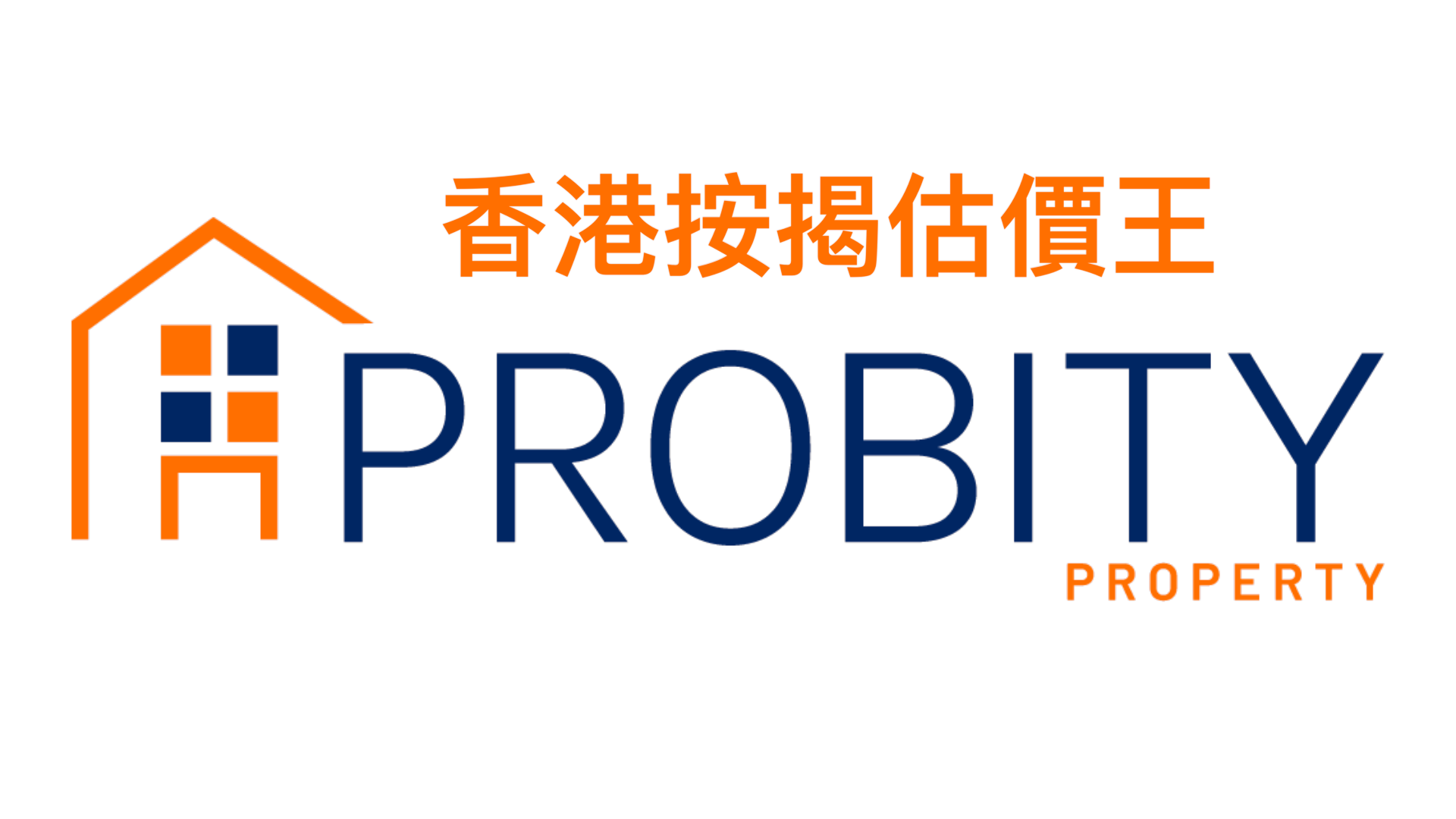Guide to buying bank-owned properties: Key considerations

Guide to buying bank-owned properties: Key considerations
Bank-owned properties (BOPs) are attracting the attention of many homebuyers looking for affordable options. However, there are several important considerations to keep in mind when purchasing a BOP. This article provides a checklist of key considerations to help homebuyers avoid common mistakes.
Can BOPs be financed with a mortgage?
One of the most pressing questions homebuyers have about BOPs is whether they can be financed with a mortgage. In fact, if the unit in question is free from issues such as problematic deeds or unfinished construction, applying for a mortgage is similar to that of a second-hand property. Mortgages for BOPs can be as long as 30 years and interest rates are not particularly high. However, it is important to note that buyers have no control over the transaction timeline, which is typically 45 days, and should be prepared, especially when applying for high loan-to-value mortgages, in case the bank does not approve the loan.
Considerations for BOP purchase contracts
BOPs follow a "must-buy, must-sell" model. Once a purchase contract is signed, even if problems with the deed are later discovered, both parties are obligated to complete the transaction or face penalties. However, banks generally do not approve mortgages in two cases: when the deed is incomplete or the unit is subject to a lien.
Incomplete deeds refer to properties that do not have a complete or a clear legal title. These properties are difficult to finance and resell and their value can be significantly reduced by as much as 30% compared to their estimated value. "No title" properties refer to those whose legal titles are lost, while "partial titles" refer to those that are jointly owned and where one owner wants to sell, but the other does not, leading to an incomplete legal title.
In terms of liens, the primary issue is that the property has illegal structures or is subject to outstanding debts. Properties with liens may still be sold, but whether the bank approves the mortgage or not depends on the reason for the lien. Homebuyers who purchase properties with liens should ideally resolve the issue to facilitate future resale of the unit.
Selling methods and prices of BOPs
There are two ways to sell BOPs: public sales and auctions. Auctions are conducted in an open bidding format, where the highest bidder wins. Under the influence of intense competition, auction prices may exceed the market price. Therefore, BOPs are not necessarily a bargain and may not necessarily be priced lower than the market price.
Resale restrictions on BOPs
Some people believe that buying BOPs at low prices and reselling them at higher prices is a quick and easy way to make a profit. However, to prevent speculation, contracts for BOPs typically come with a resale period limit. Therefore, homebuyers should also pay attention to resale restrictions and other relevant limitations when purchasing BOPs.
Conclusion
Although BOPs are one of the affordable options for homebuyers, there are several important considerations to keep in mind when purchasing them. In addition to financing and mortgage issues, buyers should also be aware of purchase contract considerations, the completeness of deeds, the presence of liens, selling methods and prices, and resale restrictions. By being properly prepared, homebuyers can avoid common mistakes and make informed decisions when purchasing BOPs.


